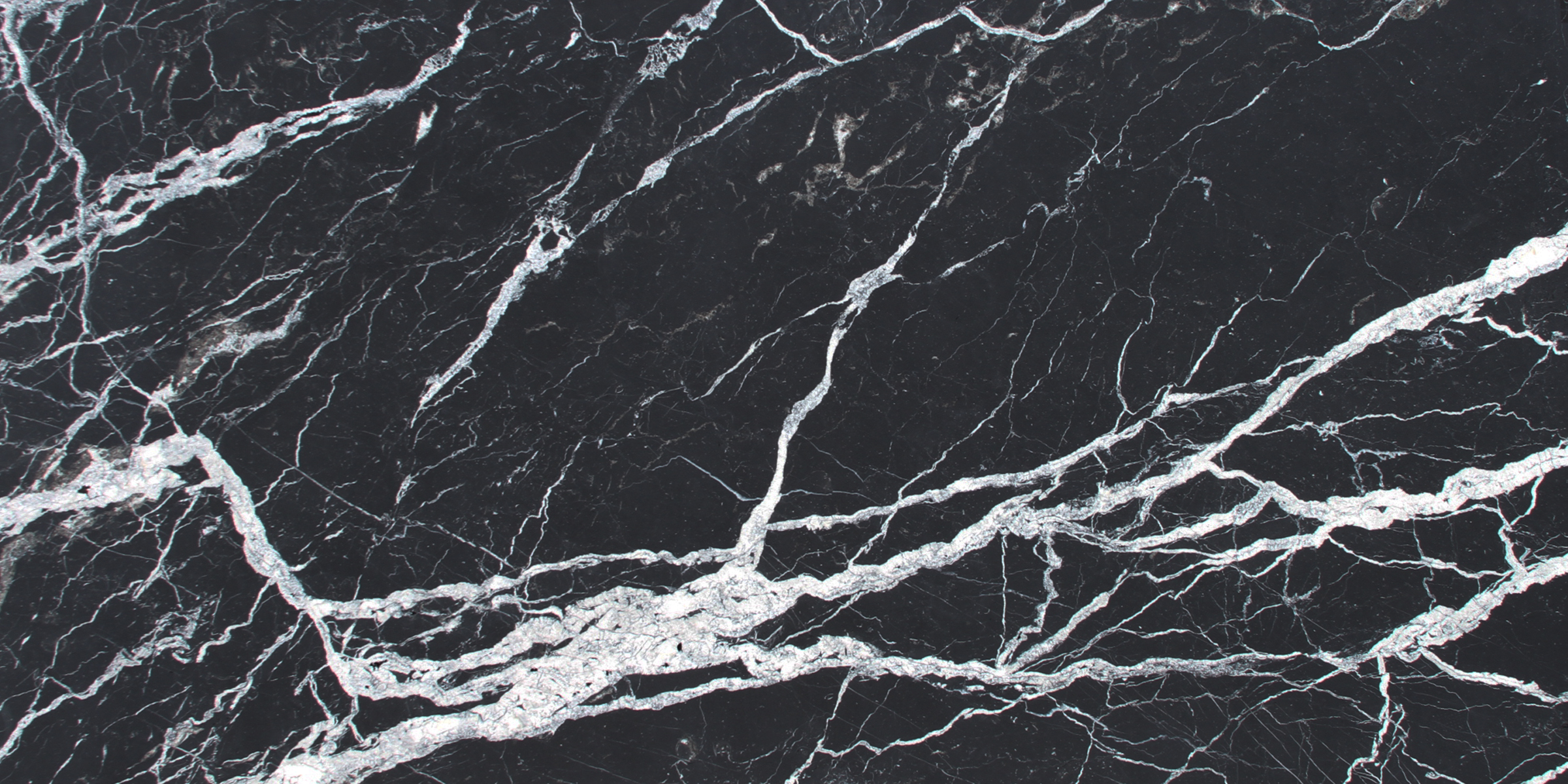Marble countertops have long been celebrated for their timeless beauty and classic elegance. Used in some of the world's most iconic structures and artworks, marble exudes luxury and sophistication. However, like any material, marble comes with its own set of advantages and disadvantages. If you're considering marble for your kitchen or bathroom countertops, it's essential to weigh these pros and cons to make an informed decision.
Pros of Marble Countertops
1. Aesthetic Appeal
One of the most compelling reasons to choose marble is its stunning appearance. Each slab of marble is unique, featuring a variety of veining patterns and colors. This natural variation means that no two countertops will ever be the same, giving your space a distinctive look.
2. Timeless Elegance
Marble has been used in architecture and design for centuries, lending a sense of history and permanence to any space. Its timeless appeal means it will never go out of style, ensuring your countertops remain fashionable for years to come.
3. Cool Surface
Marble naturally stays cool, making it an excellent choice for pastry chefs and bakers. The cool surface is ideal for working with dough and other baking tasks, offering a functional benefit beyond its aesthetic appeal.
4. Increased Home Value
Installing marble countertops can increase the resale value of your home. Potential buyers often view marble as a premium material, which can make your home more attractive on the market.
5. Variety of Colors and Patterns
Marble is available in a wide range of colors and patterns, from the classic white with grey veining to more exotic shades like green, pink, and black. This variety allows homeowners to find the perfect match for their design preferences and existing decor.
Cons of Marble Countertops
1. Porosity and Staining
Marble is a porous material, which means it can absorb liquids and stains if not properly sealed. Common kitchen substances like wine, juice, and oil can penetrate the surface and leave permanent marks if spills are not promptly cleaned up.
2. Maintenance Requirements
To keep marble looking its best, it requires regular maintenance. This includes sealing the surface periodically to prevent staining and etching, as well as daily cleaning with pH-neutral cleaners to avoid damaging the stone.
3. Susceptibility to Scratches and Etching
Marble is softer than other natural stones like granite, making it more susceptible to scratches and etching from acidic substances like lemon juice and vinegar. Even cutting directly on marble can leave marks, so it's important to use cutting boards and take care when handling sharp objects.
4. Cost
Marble countertops can be expensive, especially for high-quality or rare varieties. The cost includes not only the price of the marble itself but also installation, which can be labor-intensive due to the material's weight and fragility.
5. Sensitivity to Heat
While marble can withstand some heat, placing hot pots and pans directly on the surface can cause thermal shock, leading to cracks or discoloration. It's advisable to use trivets or hot pads to protect your marble countertops from heat damage.
Conclusion
Marble countertops offer unparalleled beauty and elegance, making them a popular choice for homeowners looking to add a touch of luxury to their kitchens or bathrooms. However, they require diligent maintenance and care to keep them looking their best. By considering the pros and cons, you can decide whether marble is the right material for your countertops, balancing its aesthetic appeal with the practical considerations of daily use.

